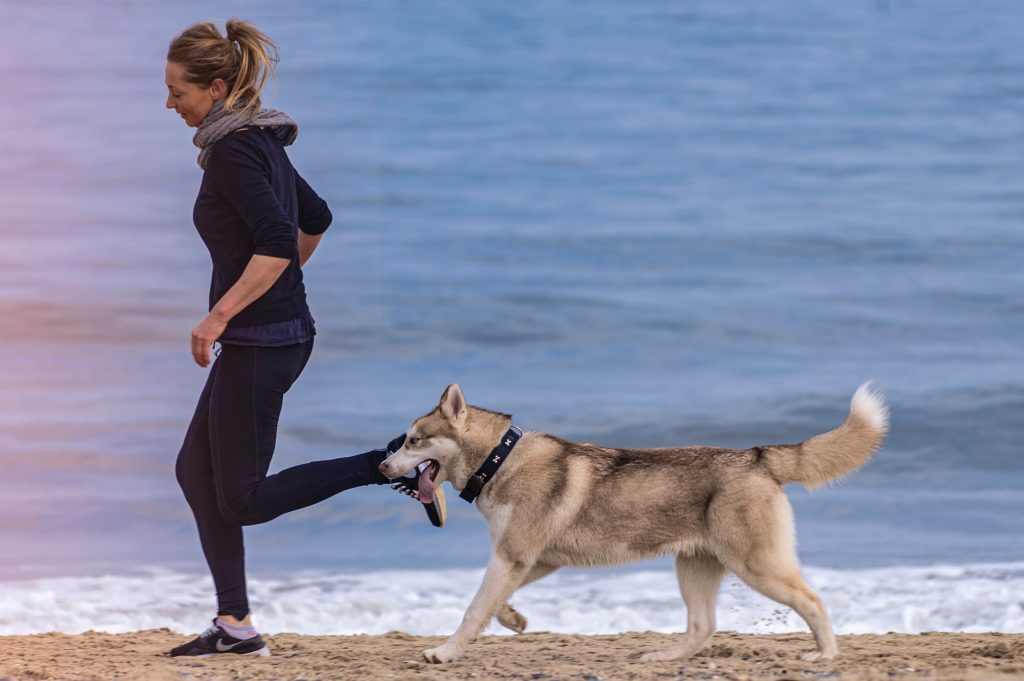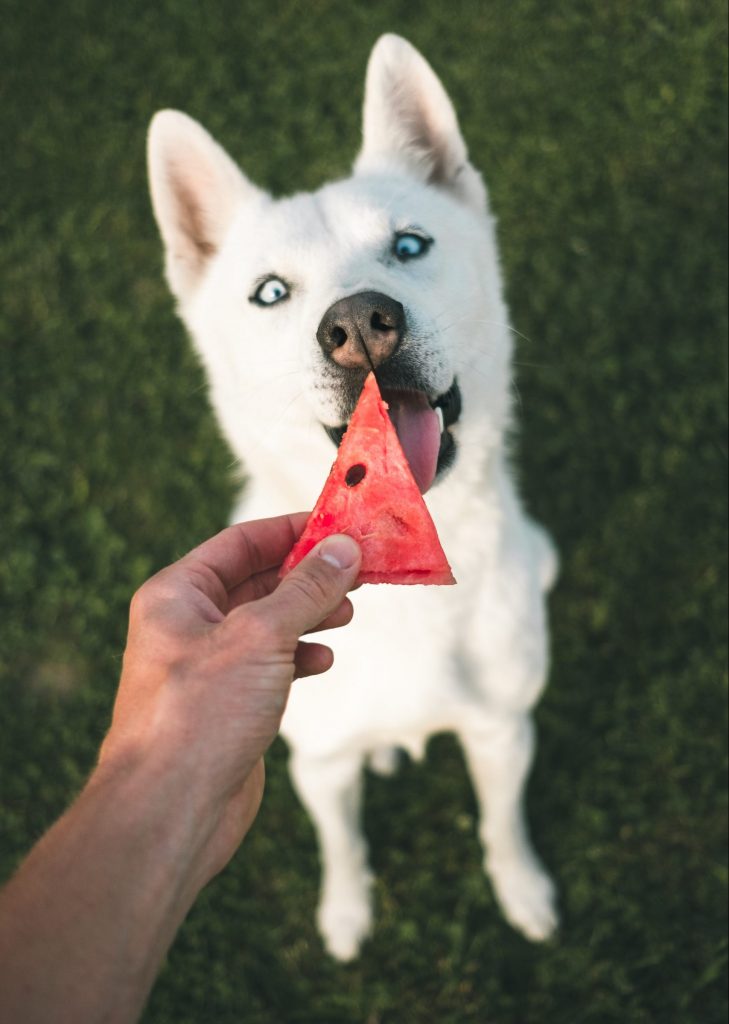The post aims to provide dog parents with tips and strategies to help their dogs overcome nervous peeing. The post will explore the reasons behind this behavior and offer techniques to manage it. It aims to empower dog parents to understand and manage their dog’s behavior, leading to a happier and healthier relationship with their furry friend.

As a dog parent, it can be frustrating to deal with a dog who pees nervously. Whether it’s due to anxiety or fear, this behavior can be difficult to manage. However, there are strategies and techniques you can use to help your dog overcome nervous peeing and lead a happier, healthier life.
Understanding Nervous Peeing in Dogs
Nervous peeing in dogs can be caused by a variety of factors, including anxiety, fear, and submissive behavior. Some dogs may have a genetic predisposition to nervous peeing, while others may develop the behavior as a result of negative experiences, such as abuse or neglect.
Symptoms of nervous peeing in dogs can include frequent urination, accidents in the house, and a reluctance to go outside. If you suspect that your dog is nervous peeing, it’s important to consult with a veterinarian to rule out any underlying medical issues.
Strategies for Managing Nervous Peeing
If your dog is nervous peeing, there are several strategies you can use to manage the behavior:
1. Establish a Routine:
Dogs thrive on routine and predictability. Establish a consistent schedule for feeding, exercise, and potty breaks to help your dog feel more secure.
2. Provide a Safe Space:
Create a safe, comfortable space for your dog where they can retreat when they’re feeling anxious or stressed. This could be a crate, a cozy bed, or a designated area in your home.
3. Use Positive Reinforcement:
Reward your dog for good behavior with treats, praise, and affection. This will help to build their confidence and reinforce positive habits.
4. Avoid Punishment:
Punishing your dog for nervous peeing can actually make the behavior worse. Instead, focus on positive reinforcement and redirecting their attention to more positive activities.
5. Seek Professional Help:
If your dog’s nervous peeing is severe or persistent, consider consulting with a professional dog trainer or behaviorist. They can provide additional strategies and techniques for managing the behavior.
Conclusion
Nervous peeing in dogs can be a frustrating behavior to deal with, but with patience, understanding, and the right strategies, you can help your dog overcome this behavior and lead a happier, healthier life. Remember to consult with your veterinarian and consider seeking professional help if necessary.
If you have any questions or concerns about your dog’s behavior, don’t hesitate to chat with us on our website. Our team of experts is here to help you provide the best possible care for your furry friend.

Frequently Asked Questions:
What is nervous peeing in dogs?
Nervous peeing is a behavior in which a dog urinates involuntarily due to stress or anxiety.
Why do dogs pee when they are nervous?
When dogs are nervous or anxious, their bodies release the stress hormone cortisol, which can cause them to lose control of their bladder muscles.
What are some common triggers for nervous peeing in dogs?
Some common triggers for nervous peeing in dogs include loud noises, unfamiliar people or animals, separation anxiety, and changes in routine or environment.
How can I help my dog overcome nervous peeing?
There are several strategies and techniques that can help manage nervous peeing in dogs, including increasing exercise and mental stimulation, providing a safe and comfortable environment, practicing positive reinforcement training, and seeking guidance from a veterinarian or animal behaviorist.
Is nervous peeing a sign of a medical problem?
While nervous peeing is often related to anxiety or stress, it can sometimes be a symptom of an underlying medical issue such as a urinary tract infection or bladder problem. It’s important to consult with a veterinarian if you notice any changes in your dog’s urination habits.



